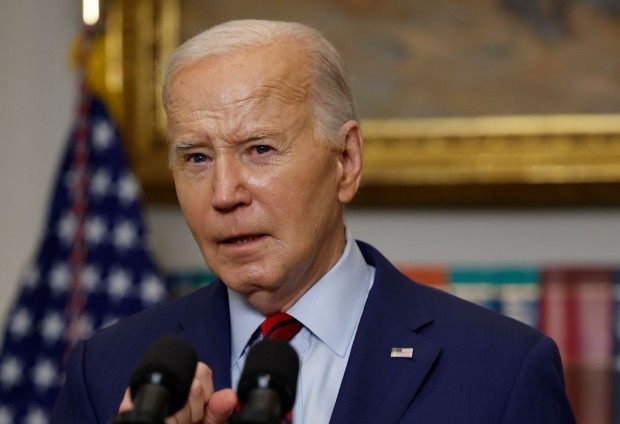The administration of President Joe Biden has unveiled plans to expand tax credits beyond US solar and wind energy ventures to include a wider array of clean energy technologies such as nuclear fission and fusion.

Joe Biden Administration on Clean Electricity Production Credits
According to Reuters, the Treasury Department announced on Wednesday its guidance for Clean Electricity Production Credits and Clean Electricity Investment Credits, established under the 2022 Inflation Reduction Act, which will be implemented next year as previous wind and solar production and investment tax credits expire.
In a statement, the department said the Inflation Reduction Act sunsets the existing Production Tax Credit and Investment Tax Credit by limiting their availability to projects starting construction before 2025 and transitioning to the Clean Electricity Production Credit and the Clean Electricity Investment Credit for projects placed in service after December 31, 2024.
Beyond Wind and Solar
The proposed guidance identifies several technologies that may be eligible for higher tax credits, including marine and hydrokinetic energy, nuclear fission and fusion, hydropower, geothermal energy, and some forms of waste energy recovery. Reuters reported that if all conditions were met, the credits could be as high as 30% for wind and solar projects.
The guidance clarifies the eligibility criteria for energy storage technologies under the Clean Electricity Investment Credit. It also mandates lifecycle greenhouse gas analysis for combustion or gasification-based technologies to demonstrate net-zero emissions.
John Podesta, Senior Advisor to the President for International Climate Policy, said in the statement that "the Inflation Reduction Act's new technology-neutral Clean Electricity credits" will help the US achieve its goal of a net-zero emission power sector by 2035.
"The Clean Electricity Tax Credits created under the Inflation Reduction Act provide certainty to the market and are poised to drive substantial further growth and lower utility bills over the long-run," US Secretary of the Treasury Janet Yellen added.







Join the Conversation